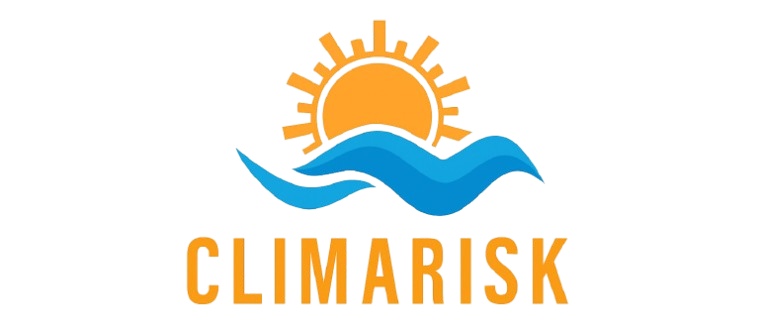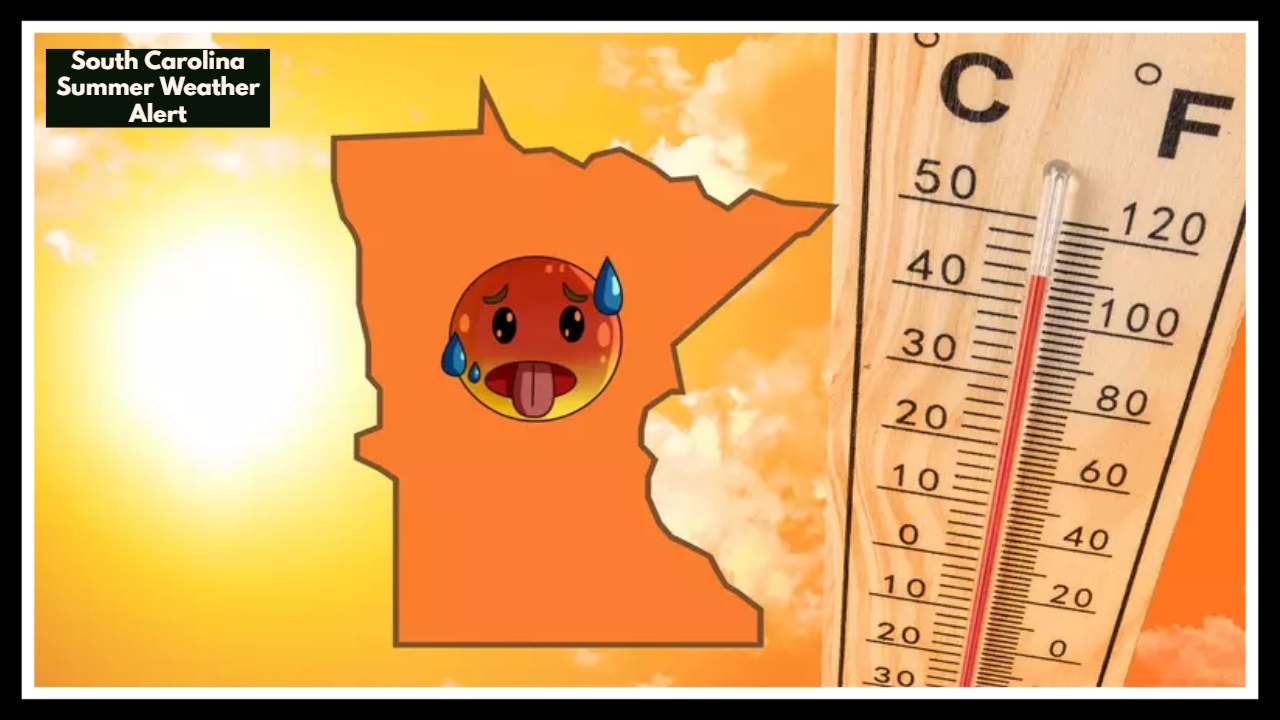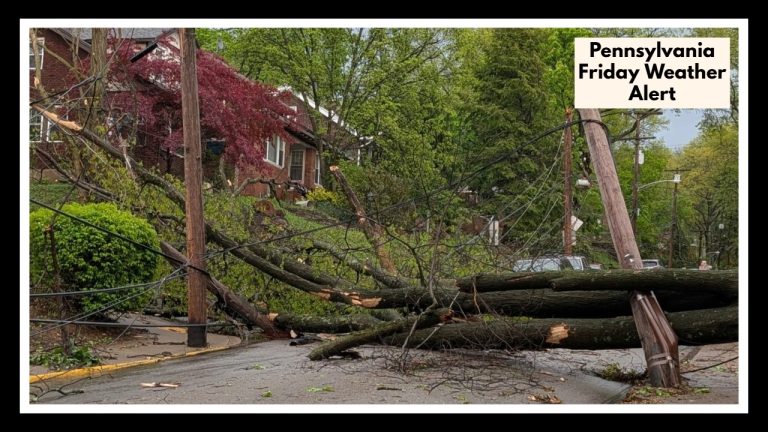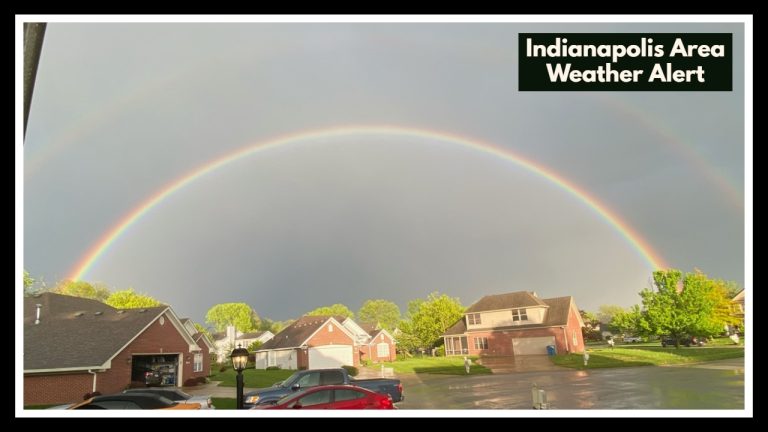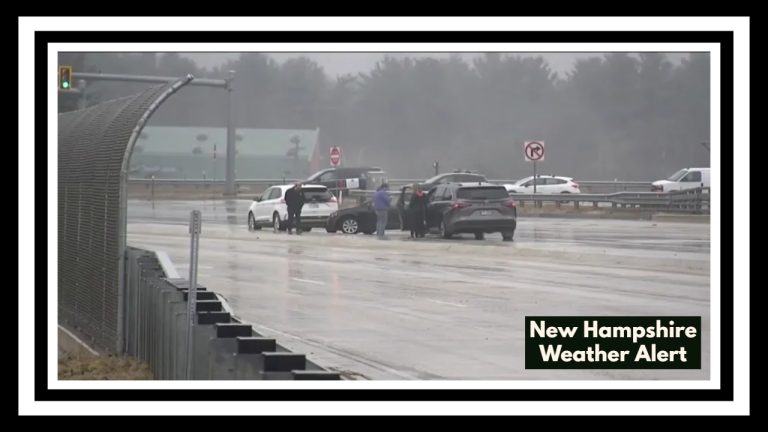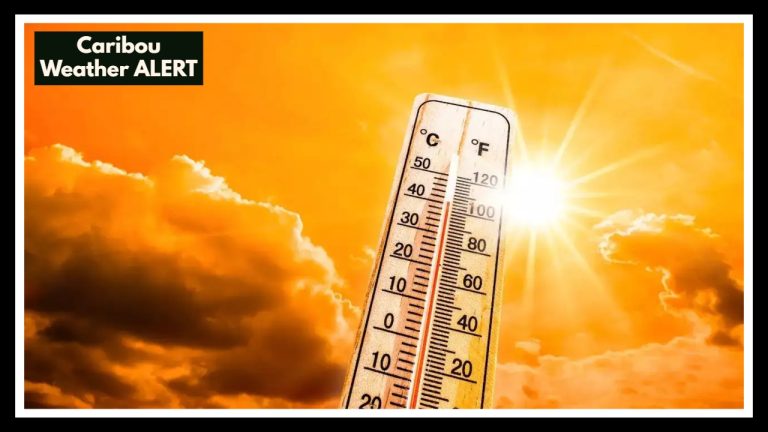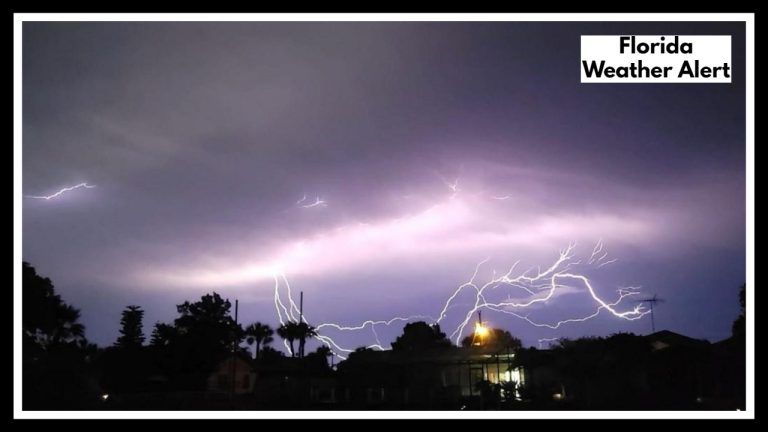Warning: June 2 Ozone Spike in Greenville—What the South Carolina Summer Weather Alert Isn’t Telling You
It’s only early June, but summer is already making itself known across South Carolina—not just with heat, but with a serious air quality warning. On Monday, June 2, the South Carolina Summer Weather Alert came into sharp focus as a Code Orange ozone warning was issued for the Greenville-Spartanburg area, urging residents to take precautions. If you or someone you love has asthma or other breathing issues, this alert wasn’t just background noise—it mattered.
What Does It Actually Mean?
When the state issues a Code Orange Ozone Alert, it’s not just a technical term. It means the air could be unhealthy for sensitive groups, including kids, seniors, and anyone with existing lung or heart conditions. And with warm, still air and high emissions from traffic and industry, that risk becomes very real—especially in fast-growing areas like Upstate South Carolina.
The South Carolina Summer Weather Alert was active from 10 a.m. to 8 p.m., during the hottest part of the day when ground-level ozone tends to spike. Unlike the ozone layer up in the atmosphere that protects us, this kind of ozone forms closer to the ground and can irritate lungs, trigger asthma attacks, and cause breathing problems—even in healthy people.
Why It Matters More Than You Think
This isn’t just a one-day blip. Alerts like this are becoming more common as summers get longer and hotter, and air pollution lingers over populated areas. Greenville and Spartanburg have been seeing warmer, drier summers over the years, and those conditions are ideal for ozone buildup.
And let’s be honest—when the warning shows up on a sunny day, it’s easy to ignore. But that invisible threat in the air? It can do real damage. That’s why these alerts carry weight. They’re about protecting public health—not just putting up signs in parks.
What Can You Do?
Here are a few easy steps to stay safe and help reduce the problem:
-
Stay indoors during peak hours, especially if you’re in a sensitive group.
-
Postpone outdoor workouts to the early morning or late evening.
-
Reduce driving or carpool when possible to help cut down emissions.
-
Stay informed through trusted sources like airnow.gov or the South Carolina DES website.
These small changes help reduce ozone formation and protect people in your community. And as we head deeper into the season, this won’t be the last South Carolina Summer Weather Alert—but we can all be better prepared next time.
FAQ About South Carolina Summer Weather
1. So, what’s this “Code Orange” thing? Should I be worried?
Nah, don’t stress. It just means the air isn’t great for folks who already have breathing problems like asthma or heart stuff. On hot days, pollution kinda hangs around and makes it harder to breathe—kind of like invisible bad air. So it’s more of a heads-up: take it easy, don’t push yourself too hard outside.
2. Who’s really gonna feel this alert?
If you’ve got asthma, heart issues, or care for little kids or older folks, this alert is for you. But honestly, if you’re out mowing the lawn or going for a jog during the hottest part of the day, you might notice it too. So just slow down a bit when you can.
3. What do I actually need to do when there’s a South Carolina Summer Weather Alert?
Try to chill inside during the afternoon—from about 10 a.m. to 8 p.m. If you normally exercise or do yardwork then, maybe switch it to early morning or after dinner. And if you know someone who might forget—kids, neighbors, family—give them a quick reminder.
4. How can I tell if the air’s okay to be outside?
Super easy — just check AirNow.gov or the South Carolina environmental site. They’ll tell you if the air’s good or if you should lay low for a bit. Think of it like checking the weather, but for your lungs.
5. Is there anything I can do to help keep the air better?
For sure! No need for big changes. Drive less if you can, fill up your gas tank in the evening instead of midday, and hold off on mowing the lawn during the afternoon heat. Little stuff like that makes a real difference.
